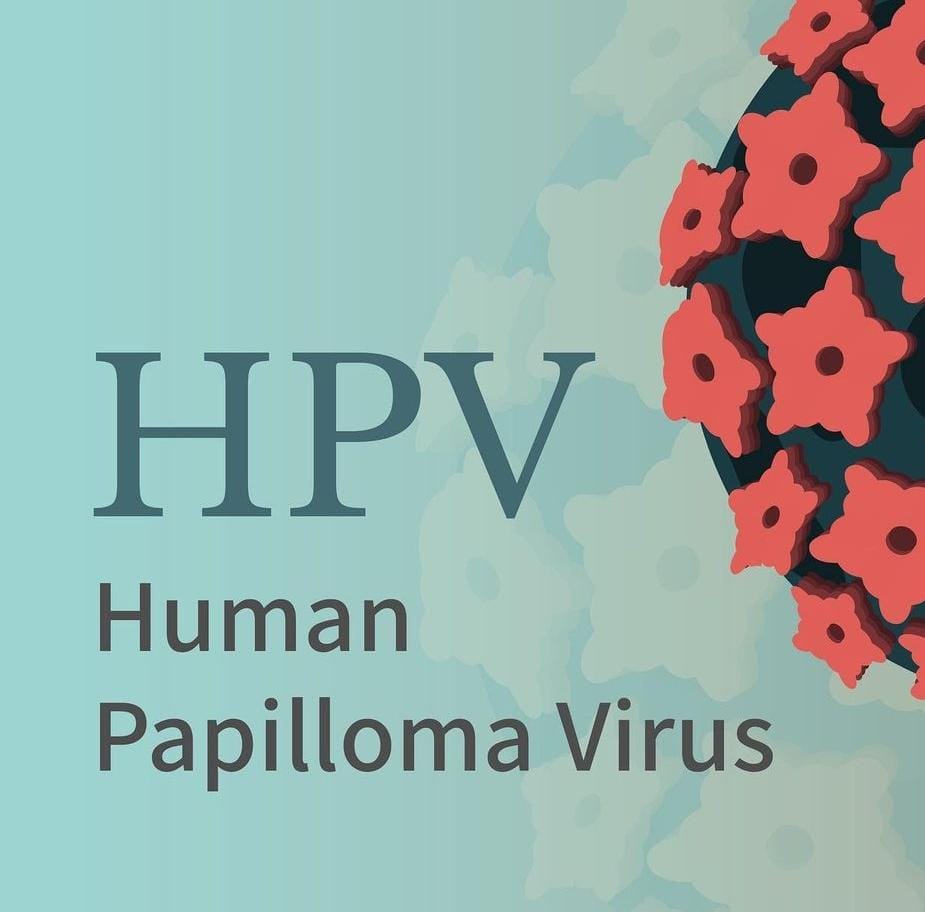French West Indies researcher reports higher prevalence of oral HPV infections LGBTQ among patients with head and neck cancer
Moïse Manoël-Florisse, is an African-Caribbean online journalist keeping an eye…
Condom use stands out as a key factor for reducing cancer frequency.
 In a study recently published in the journal BMC Cancer, Dr. Aviane Auguste discussed the risk factors associated with head and neck cancers in the French West Indies. He found that some populations seem to be more vulnerable than others, particularly the LGBTQ community.
In a study recently published in the journal BMC Cancer, Dr. Aviane Auguste discussed the risk factors associated with head and neck cancers in the French West Indies. He found that some populations seem to be more vulnerable than others, particularly the LGBTQ community.
His research found that, for head and neck cancer patients, oral HPV infection seems to be more prevalent among sexual minorities.
Erasing 76 Crimes interviewed the young researcher to learn more about the problem and to hear him discuss possible solutions.
Dr. Aviane Auguste: I trained as an epidemiologist and am a post-doctoral researcher at Inserm [France’s National Institute of Health and Medical Research] in Villejuif, near Paris.
I’m a Saint Lucian, but I’m bilingual in French and English. I did my doctoral thesis in epidemiology in Guadeloupe in an Inserm unit. I’m interested in public health on our island territories, because public health is about taking action and improving the health of the whole population. What’s more, the population of the French West Indies is little studied in general terms.
At my level, I decided to specialise in the prevalence of papillomavirus infections and, by extension, I’m interested in sexual health, since we all know that there is a strong association between papillomavirus and cervical cancer in women.
Recently, I published updates on my research work — done in conjunction with the university hospitals of Guadeloupe and Martinique — into risk factors for cancers of the ENT (ear, nose and throat) sphere.
76crimes: This is all very interesting, but do epidemiologists in the French West Indies feel listened to? Do the regional health agencies and the various supervisory bodies take account of your work in terms of public health prevention priorities in Guadeloupe and Martinique? And are you in contact with any patient associations?
Dr. Aviane Auguste: I’m not in direct contact with the authorities. In the West Indies, there are no patient associations for cancers linked to HPV (human papillomavirus) infections, because there is no social stigma associated with these cancers, except perhaps in women, when there is infertility.

Most HPV infections are asymptomatic and, unfortunately, people are unaware of their infection status.
At my level, I’ve been looking at sexual behaviour associated with cancers of the ENT sphere, based on the hypothesis that papillomavirus is a mediator, i.e. that papillomavirus infection statistically increases the likelihood of developing cancer of the throat.
The most significant factor identified for reducing the incidence of these cancers appears to be condom use. The risk of oral HPV infection appears to be increased in patients with several concurrent partners, as well as in non-heterosexual patients.
People living with HIV also appear to be particularly vulnerable. In this respect, we are putting forward the hypothesis, which will have to be tested in the French West Indies during new studies, that the HPV virus develops like an opportunistic infection in HIV-positive people; hence perhaps a higher prevalence of cancers of the airways in this population.
76crimes: That’s not very reassuring. How can we protect ourselves against the HPV virus and, by extension, the cancers associated with it?
Dr. Aviane Auguste: Apart from condoms, there’s vaccination, but in the West Indies we’re not doing very well, because vaccination coverage is not good enough to protect the entire West Indian population. [Editor’s note: 25.1% of teenage girls born in 2006 were vaccinated against HPV in Guadeloupe and 16.9% in Martinique (Santé Publique France; 2022)].
On the other hand, there is growing evidence that HPV can be transmitted in non-sexual ways, such as by touching objects. It even seems that people can self-inoculate themselves with the virus, by touching their face and nasal mucosa in particular, through very harmless gestures.
Finally, if this is any consolation to some people, in my most recent research, no significant association was found between HPV transmission and sexual behaviour in the general cancer-free population in Guadeloupe and Martinique.
HPV vaccination is not currently one of the 11 compulsory vaccinations in mainland France, but it is strongly recommended for all girls and boys aged between 11 and 14. Starting in September 2023, a generalised vaccination programme is planned for pupils in the 5th year of secondary school throughout France.





A French medical doctor told me 2 years ago that he sees several cases of gay men with throat cancer. Cancer is coming from HPV and HPV is supposed to come in the throat through oral sex. This is the reason why teenage boys are asked to take HPV immunization.
But in Martinique and Guadeloupe people don’t like immunization. And the lgbt movement is very weak till now.